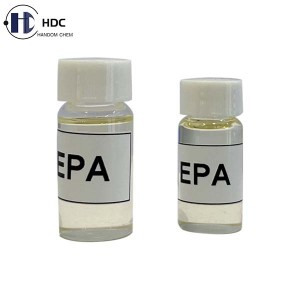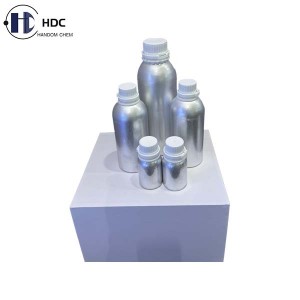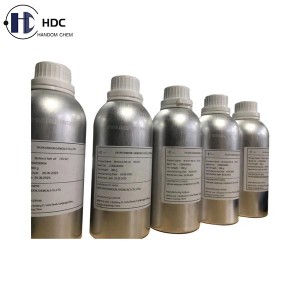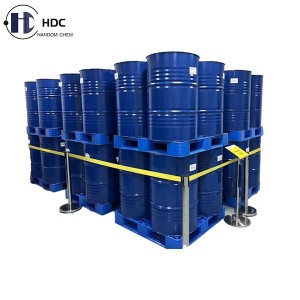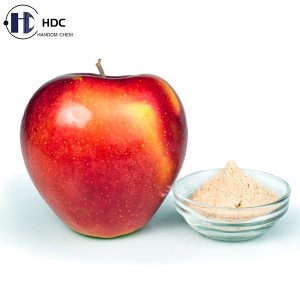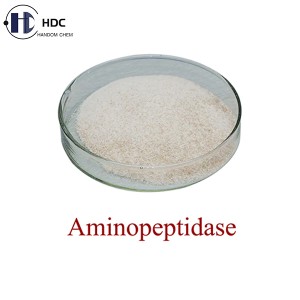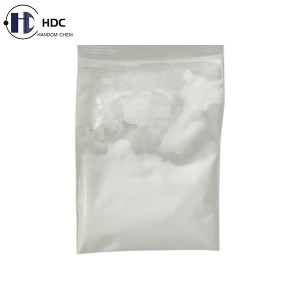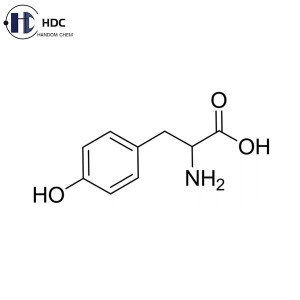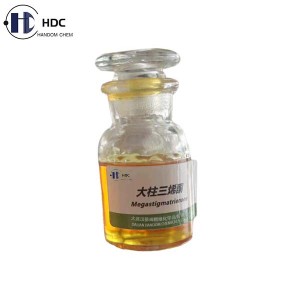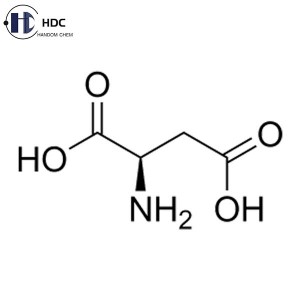Refined Fish Oil (EPA)
Brief Introduction:
Refined fish oil EPA is an omega-3 fatty acid extracted from ordinary deep-sea fish oil raw materials, the main component is Eicosapentaenoic Acid (EPA). EPA is an unsaturated fatty acid that can not be synthesized by the human body and must be ingested through diet or supplements.
Sources and Extraction Methods of Refined Fish Oil EPA:
Refined fish oil EPA is usually extracted from fatty fish, such as mackerel, tuna, salmon, sturgeon, anchovies, sardines, herring, etc. These fish are rich in EPA and another important Omega-3 fatty acid DHA, through a special extraction process, high-purity EPA and DHA can be extracted from these fish.
Our Advantages:
♔ Our company has an internationally advanced EPA production line that is currently independently developed, which realizes full automation of the production process and can reach an annual output of 1,000 metric tons.
♔ Advanced and domestically unique production technology ensures the purity of the product and the related substances are at the international leading level. We can also meet customers' requirements for specifications such as oligomers, plasticizers, PCBs, and pesticide residues.
Features of our Refined Fish Oil (EPA):
① Colourless or light yellow oily liquid with a slight fishy smell unique to fish oil, but without the rancid smell of fish oil.
② It is insoluble in water, but soluble in organic solvents such as ethanol and n-hexane.
③ It is easy to deteriorate when exposed to oxygen and light; should be stored in sealed and nitrogen-filled containers, protected from light.
Specifications of our Refined Fish Oil (EPA70 EE):
| Test Items | Specifications | |
| Characteristics | Appearance | Colourless or pale yellow oily liquid |
| Odour | Faint, characteristic odour, no rancid flavour | |
| Identification: GC retention time | The main peak corresponds to the standard | |
| Absorbance, at 233nm | Not more than 0.55 | |
| Water Content | Not more than 0.10% | |
| Acid Value | Not more than 1.0 mg KOH/g | |
| Peroxide Value | Not more than 5.0 meq/kg | |
| Anisidine Value | Not more than 20.0 | |
| Total Oxidation Value | Not more than 26.0 | |
| Unsaponifiable Matter | Not more than 0.5% | |
| Iodine Value | Not less than 140 g/100g | |
| Water and Volatile Matter | Not more than 0.1% | |
| Insoluble Impurity | Not more than 0.1% | |
| Chromatographic Purity | EPA ethyl esters | Not less than 70% |
| DHA ethyl esters | Not more than 0.10% | |
| SDA ethyl esters | Not more than 1.0% | |
| HPA ethyl esters | Not more than 0.30% | |
| DPA ethyl esters | Not more than 0.10% | |
| ARA ethyl esters | Not more than 6.0% | |
| ETA ethyl esters | Not more than 4.0% | |
| Inorganic Impurities | Lead (Pb) | Not more than 0.08 mg/kg |
| Inorganic Arsenic (As) | Not more than 0.1 mg/kg | |
| Mercury (Hg) | Not more than 0.1 mg/kg | |
| Cadmium (Cd) | Not more than 0.1 mg/kg | |
| Benzo[a]pyrene | Not more than 10 μg/kg | |
| Polychlorinated Biphenyls (PCBs) | Not more than 200 μg/kg | |
Specifications of our Refined Fish Oil (EPA97 EE):
| Test Items | Specifications | |
| Characteristics | Appearance | Colourless or pale yellow oily liquid |
| Odour | Faint, characteristic odour, no rancid flavour | |
| Identification: GC retention time | The main peak corresponds to the standard | |
| Absorbance, at 233nm | Not more than 0.55 | |
| Water Content | Not more than 0.10% | |
| Acid Value | Not more than 1.0 mg KOH/g | |
| Peroxide Value | Not more than 5.0 meq/kg | |
| Anisidine Value | Not more than 20.0 | |
| Total Oxidation Value | Not more than 26.0 | |
| Unsaponifiable Matter | Not more than 0.5% | |
| Iodine Value | Not less than 140 g/100g | |
| Water and Volatile Matter | Not more than 0.1% | |
| Insoluble Impurity | Not more than 0.1% | |
| Chromatographic Purity | EPA ethyl esters | Not less than 96.5% |
| SDA ethyl esters | Not more than 0.5% | |
| ARA ethyl esters | Not more than 1.0% | |
| ETA ethyl esters | Not more than 1.0% | |
| Maximum single unknown impurity | Not more than 0.5% | |
| Total impurities | Not more than 3.5% | |
| Inorganic Impurities | Lead (Pb) | Not more than 0.08 mg/kg |
| Inorganic Arsenic (As) | Not more than 0.1 mg/kg | |
| Mercury (Hg) | Not more than 0.1 mg/kg | |
| Cadmium (Cd) | Not more than 0.1 mg/kg | |
| Benzo[a]pyrene | Not more than 10 μg/kg | |
| Polychlorinated Biphenyls (PCBs) | Not more than 200 μg/kg | |
Reference Standards:
SC/T 3502-2016、F.No.1829 / Health Certificate / FSSAI / Imports-2021.
The Main Effects and Functions of Refined Fish Oil EPA:
1. Lowering Blood Lipids:
EPA can lower triglyceride levels in the blood and help prevent cardiovascular diseases such as heart disease and stroke. By reducing the fat content in the blood, EPA helps maintain blood vessel health and reduces the risk of atherosclerosis.
2. Anti-inflammatory Effect:
EPA is a powerful anti-inflammatory substance that can help reduce inflammation and pain and reduce the severity of inflammatory diseases such as arthritis and asthma. By inhibiting inflammatory responses, EPA also helps reduce the development of chronic diseases.
3. Improving Mood:
EPA has certain effects on improving depression, anxiety, attention deficit, etc., helps regulate the balance of neurotransmitters in the brain, and promotes the health of the nervous system.
4. Promoting Fetal Development:
EPA plays an important role in the health of pregnant women and fetuses, it can promote the development of the fetal brain, optimize the composition of phospholipids in fetal brain pyramidal cells during pregnancy, and reduce the occurrence of postpartum depression in pregnant women.
5. Anti-cancer Effect:
EPA has anti-cancer effects, which can inhibit the development and spread of cancer, enhance the function of the immune system, and improve the body's resistance to cancer.
Packaging:
① Packaging Material: Food grade epoxy phenolic inner coating steel drum or aluminum can.
② Packing Size: 190kg/drum (filled with nitrogen) or as per customer's requirements.
Storage Conditions:
Store in a dry and cool environment, avoid sunlight.
Shelf Life:
24 months based on the above packaging and storage conditions.



